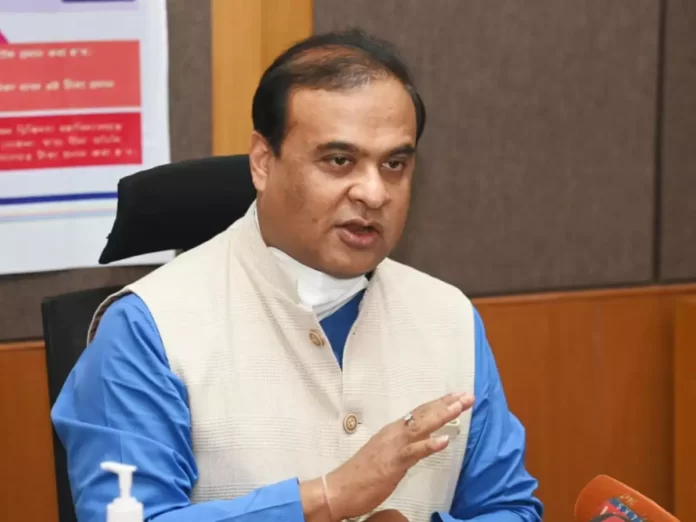In a recent statement, Assam Chief Minister Himanta Biswa Sarma shed light on the estimated number of individuals applying under the controversial Citizenship Amendment Act (CAA). According to him, the number falls within a margin of three to six lakhs. This revelation brings attention back to the intricacies and challenges surrounding the CAA implementation, particularly in the context of Assam’s unique socio-political landscape.
The Citizenship Amendment Act, passed in December 2019, aimed to provide expedited citizenship to persecuted minorities from Pakistan, Afghanistan, and Bangladesh, specifically Hindus, Sikhs, Buddhists, Jains, Parsis, and Christians, who entered India before December 31, 2014. However, the Act sparked widespread protests across the country, particularly in the northeastern states, including Assam. Critics argued that the Act undermines the secular principles of the Indian Constitution and poses a threat to the indigenous communities of the region.
Assam, in particular, has been grappling with the issue of illegal immigration for decades. The Assam Accord of 1985 aimed to address the influx of undocumented migrants from Bangladesh and protect the rights of the indigenous Assamese people. The Accord mandated the detection and deportation of foreigners who entered the state after March 24, 1971, the cut-off date for determining citizenship. However, the implementation of the Accord has been fraught with challenges and controversies.
The National Register of Citizens (NRC) exercise in Assam, conducted between 2015 and 2019, aimed to identify genuine Indian citizens and weed out undocumented immigrants. However, the process was marred by procedural irregularities, leading to the exclusion of a significant number of people from the final list. The CAA further complicated the situation by providing a pathway to citizenship for certain categories of immigrants, potentially altering the demographic dynamics of the state.
Assam’s Chief Minister, Himanta Biswa Sarma, has been at the forefront of navigating these complexities. His recent statement regarding the estimated number of CAA applicants underscores the magnitude of the challenge at hand. The margin of three to six lakhs signifies a substantial number of individuals seeking recognition as Indian citizens under the provisions of the Act. However, the actual figure may vary, given the fluid nature of immigration patterns and documentation issues.
One of the key concerns surrounding the CAA is its potential impact on the indigenous communities of Assam. The fear of demographic change and loss of cultural identity has fueled opposition to the Act among various ethnic groups in the state. Assam’s complex social fabric, characterized by linguistic, ethnic, and religious diversity, requires a nuanced approach to address citizenship issues without exacerbating existing tensions.
Himanta Biswa Sarma’s statement underscores the need for a comprehensive and transparent process for verifying citizenship claims under the CAA. The Assam government must ensure that the rights of genuine Indian citizens are protected while addressing the legitimate concerns of indigenous communities. This necessitates robust mechanisms for documentation verification, appeals process, and safeguards against potential misuse of the CAA provisions.
Furthermore, the CAA implementation in Assam must be guided by the principles of inclusivity and social harmony. Stakeholder engagement, dialogue, and consensus-building are essential to build trust and confidence among all sections of society. The Assam government, under the leadership of Chief Minister Himanta Biswa Sarma, must adopt a holistic approach that balances the imperatives of national security, humanitarian concerns, and the protection of indigenous rights.
In addition, Himanta Biswa Sarma’s revelation regarding the estimated number of CAA applicants in Assam underscores the complexities inherent in the citizenship issue. As Assam grapples with the legacy of illegal immigration and the challenges of preserving its unique identity, a pragmatic and inclusive approach is needed to navigate the complexities of the CAA implementation. It is imperative for the Assam government to prioritize transparency, fairness, and social cohesion in addressing citizenship issues and safeguarding the rights of all residents of the state.


